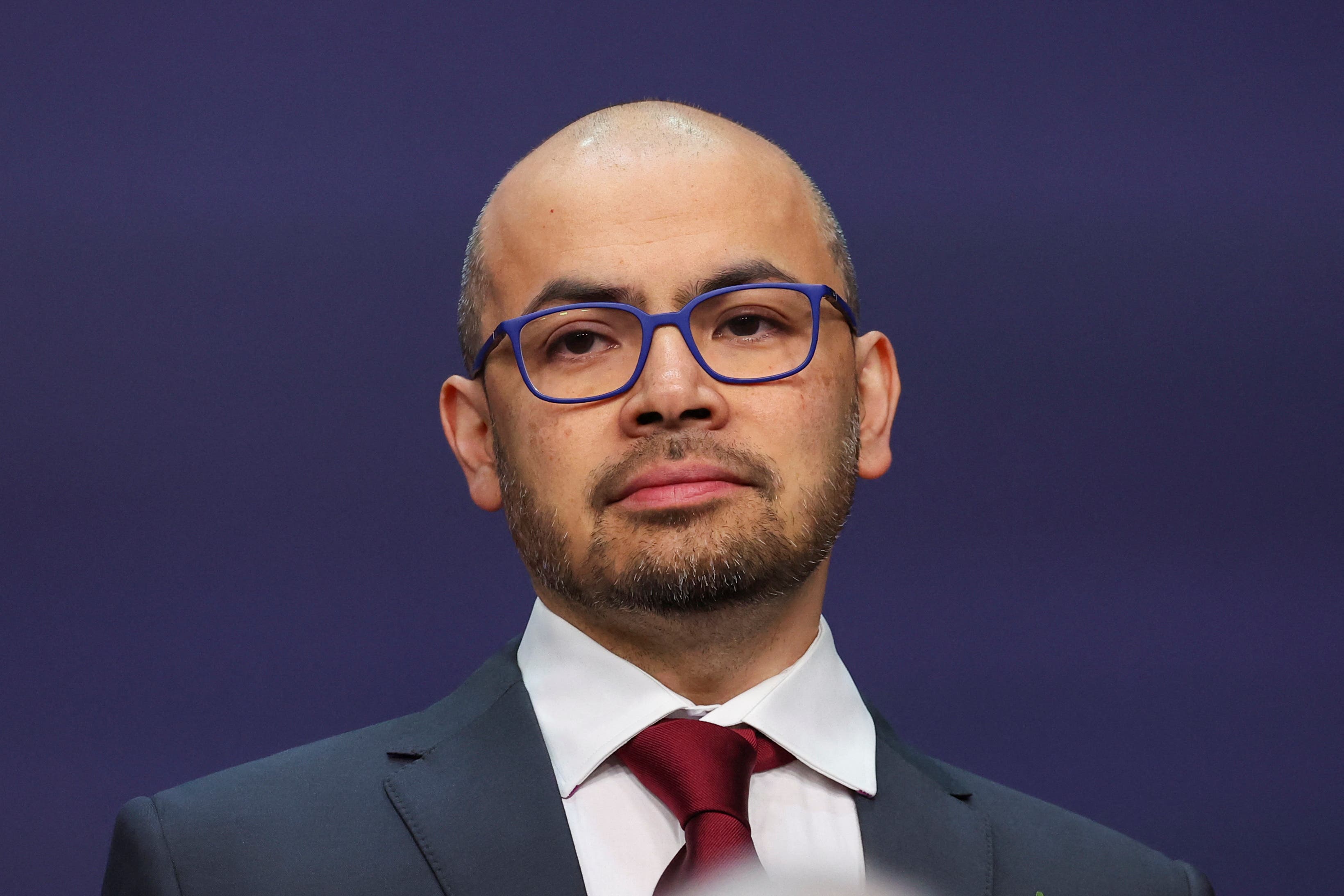AI ‘has potential to be one of biggest inventions humanity will ever make’
Google DeepMind founder Sir Demis Hassabis told Sir Tony Blair the technology could be ‘unbelievably transformative’ for society, including the NHS.

Your support helps us to tell the story
From reproductive rights to climate change to Big Tech, The Independent is on the ground when the story is developing. Whether it's investigating the financials of Elon Musk's pro-Trump PAC or producing our latest documentary, 'The A Word', which shines a light on the American women fighting for reproductive rights, we know how important it is to parse out the facts from the messaging.
At such a critical moment in US history, we need reporters on the ground. Your donation allows us to keep sending journalists to speak to both sides of the story.
The Independent is trusted by Americans across the entire political spectrum. And unlike many other quality news outlets, we choose not to lock Americans out of our reporting and analysis with paywalls. We believe quality journalism should be available to everyone, paid for by those who can afford it.
Your support makes all the difference.Artificial intelligence (AI) has the potential to be “one of the biggest inventions humanity will ever make”, the British founder of Google DeepMind has said.
Sir Demis Hassabis said the creation of an artificial general intelligence – AI with a general human-level intelligence – would be “unbelievably transformative” as it could make intelligence itself an “abundant tool”.
Speaking to Sir Tony Blair at the Tony Blair Institute’s Future of Britain conference in London, the Google DeepMind chief executive said that over the next decade AI would transform work and productivity through digital assistants, but the technology will also help “accelerate scientific discovery” with “huge implications in drug discovery and disease understanding”.
It will be at least as big as the Industrial Revolution, possibly bigger, more like the advent of electricity or even fire
On AI reaching human levels, Sir Demis said: “If we could replicate that and make intelligence an abundant tool, it would be unbelievably transformative – there’d be almost nothing that you couldn’t use that for if you built that in a general way.
“So to me, it’s been obvious for many, many years that if AI could – if it was possible and it seems that it is – (reach) this general kind of human-level AI we sometimes call artificial general intelligence, it would transform everything.
“So it will be at least as big as the Industrial Revolution, possibly bigger, more like the advent of electricity or even fire.
“I think it has the potential to be one of the biggest inventions humanity will ever make.”
The DeepMind founder and former prime minister Sir Tony also discussed how AI could be used to improve public services and their harnessing of huge amounts of data, specifically the NHS.
Sir Demis said AI systems in the NHS could help clinical staff take better advantage of the vast amounts of data they have access to.
He said AI could “triage” data consumption and allow “the experts, whether they’re doctors or nurses, to focus on what they do best”.
Sir Tony said: “When you look at something like the National Health Service, we should be able to take all the data that there is within the healthcare system and both use it in order to analyse what’s happening in our healthcare system, so help policy, but secondly, to be able to create digital assistants where a doctor or a nurse is able to call on all the accumulated knowledge in our country and indeed elsewhere.
“Then thirdly, for the patient to have access to information, not just their own health information, but the potential for treatment.”
The former prime minister also urged governments – including the new Labour Government – to “reserve a bit of space for thinking about this (AI) because it is a revolution and it will change everything”.
Earlier at the conference, Sir Tony said despite the issues facing the country, he did not think there had “ever been a better time to govern” if the Government could harness effectively “the 21st century technological revolution”.